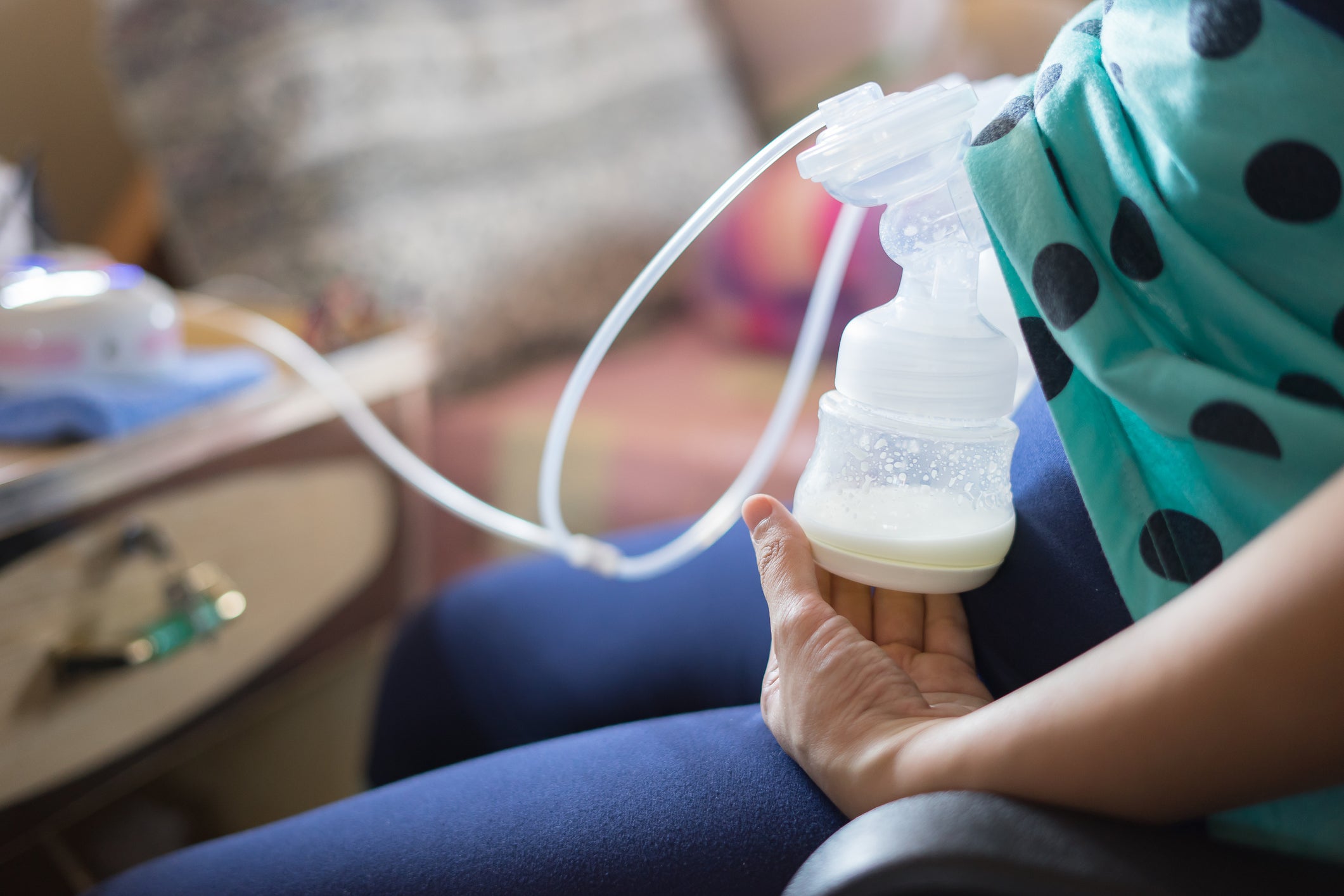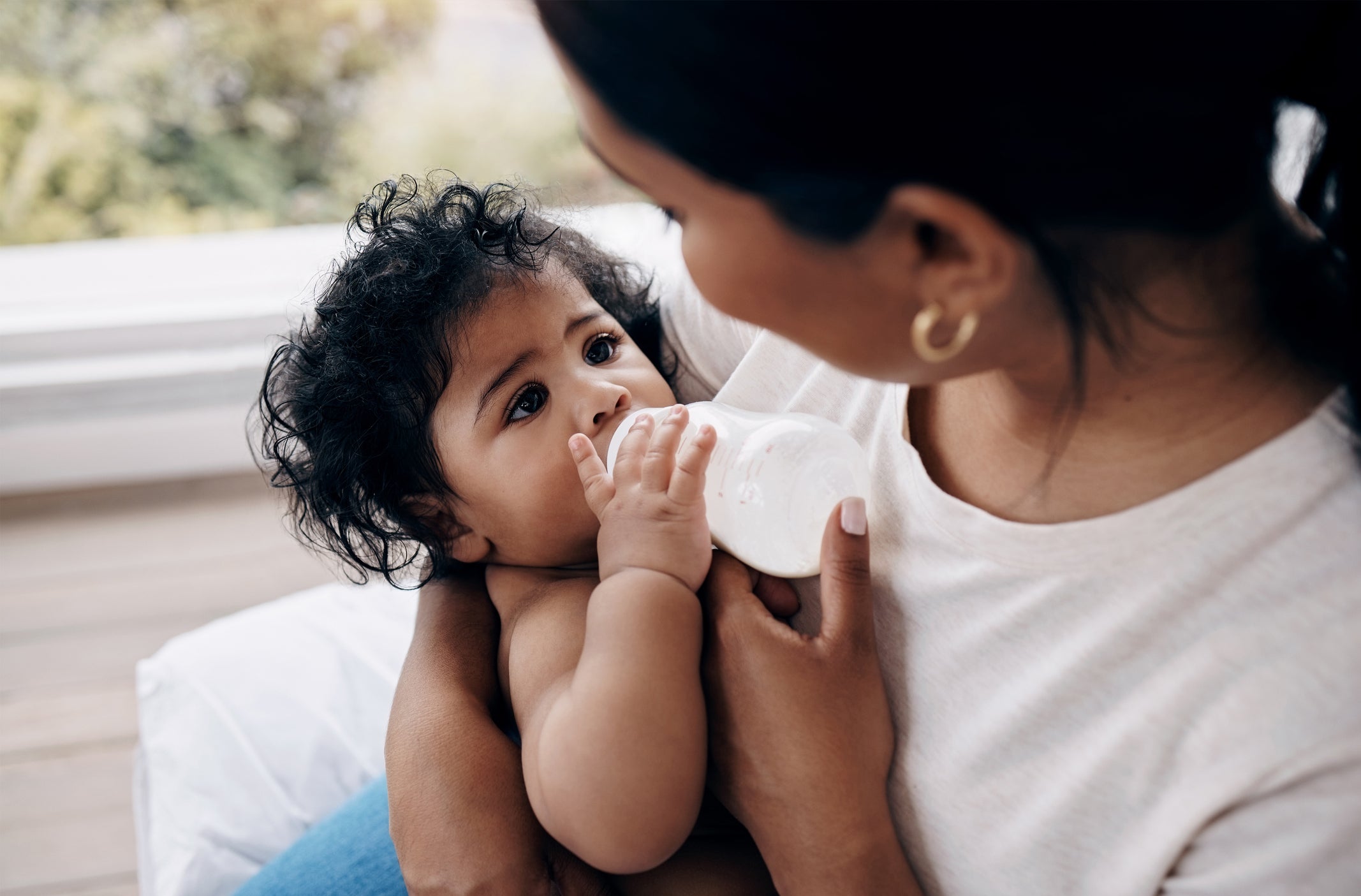This website uses cookies so that we can provide you with the best user experience possible. Cookie information is stored in your browser and performs functions such as recognising you when you return to our website and helping our team to understand which sections of the website you find most interesting and useful.
Your support helps us to tell the story
From reproductive rights to climate change to Big Tech, The Independent is on the ground when the story is developing. Whether it's investigating the financials of Elon Musk's pro-Trump PAC or producing our latest documentary, 'The A Word', which shines a light on the American women fighting for reproductive rights, we know how important it is to parse out the facts from the messaging.
At such a critical moment in US history, we need reporters on the ground. Your donation allows us to keep sending journalists to speak to both sides of the story.
The Independent is trusted by Americans across the entire political spectrum. And unlike many other quality news outlets, we choose not to lock Americans out of our reporting and analysis with paywalls. We believe quality journalism should be available to everyone, paid for by those who can afford it.
Your support makes all the difference.
She’s latched!” my doula exclaimed triumphantly, removing her hand from the back of my 10-minute-old’s head and replacing it – rather forcefully – with my own. I felt a rush of joy and relief. That’s it, I thought, breastfeeding is going to be alright.
Except it wasn’t alright. In fact, it was so un-alright that we ended up in A&E just three days later, my daughter having lost over 10 per cent of her birth weight. We were advised to rush there by a midwife over the phone, after I’d mentioned in passing that my daughter hadn’t had a wet nappy in over 12 hours. “She’s dehydrated,” we were told, as we sat clutching our precious bundle beside an ominous-looking incubator, a jumble of wires sticking out of it. “We don’t think your milk has come in.”
And sure enough, when they hooked me up to a breast pump, not a drop of milk came out. Not one single drop. I felt ashamed and guilty. For three days I’d been putting my daughter to my breast, she’d been latching perfectly, doing everything she was meant to do, but I hadn’t held up my side of the deal – I hadn’t actually been producing anything to nourish her.
The doctor advised that we needed to give her formula, which they brought for us, so that she could start to rehydrate. Desperate, panicked and with postpartum hormones still raging through my body, I couldn’t get the plastic tip of the bottle into her mouth fast enough. “Does this mean I can’t breastfeed at all?” I asked. “You can,” the answer came. “But until you let down your milk (a term which refers to the hormonal response that causes milk to flow from the breasts when a baby or pump activates the nipple’s nerve endings) you’re going to also need to substitute with bottles, especially until she’s regained the weight she lost.”
I know I’m not alone. According to research from Yale Public School of Health, nearly half of mothers globally self-report insufficient milk as a reason for moving to formula, and a study from 2021 found that over half of new mums experience breastfeeding guilt. Fifty per cent of the mothers who responded to a survey commissioned by BBC Radio 4’s Woman’s Hour and BBC Radio Sheffield said they felt that they had let their baby down when they struggled to breastfeed and revealed they felt ashamed for giving their child formula.
Sadly, there’s still a lot of stress on parents to exclusively breastfeed. Mothers are often subject to moral-based language surrounding infant feeding practices which can increase the feeling of judgment. Comments like, “Breast is best,” or, “You must not have tried hard enough,” painfully imply second-rate parenting. It’s little wonder then, that we can feel grief and pain when we want to breastfeed but find we can’t.
We left the hospital but the sense of dread stayed with me. On the way home, I called a lactation consultant, who advised that I put the baby to my breast and let her latch before giving her the bottle, “so as to avoid her becoming too used to the bottle and not wanting to be on [my] boob at all.”

For weeks, even once minimal amounts of milk had begun to come through, every time I knew we were approaching a feed I’d feel a deep sense of unease and anxiety. Often it would cause me to feel sick. I’d cry as I tried to get the baby to latch, my hands shaking, feeling defeated if she didn’t immediately start to suckle. Over time, I reached for the bottle of formula more and more quickly, desperate to avoid letting her go hungry for a single second, so shaken was I by our earlier episode.
Two months in, after several visits from the lactation consultant, hours upon hours hooked up to a medical-grade breast pump and enough tears to fill several bathtubs, my husband said to me softly: “I think we just need to accept that she’s a formula-fed baby and that’s fine.”
And the rational part of me knew that. The most important aspect of feeding a baby is that the baby is fed and happy, whether that’s by breast milk or formula, and I firmly believe that it’s a personal choice women should be able to make for themselves without fear of judgement.
I would lock myself in the bathroom and just sit there in tears, squeezing to try and get more milk out
Jaimie*
But at the time it didn’t feel fine. My sleep-deprived brain couldn’t stop spinning. Had I not tried hard enough? Was my inability to breastfeed going to impact our bond? Was there something wrong with my body?
I had lots of friends who had formula-fed their children, I’d never felt any judgement over it, and I wouldn’t be able to pick out who had been breast or formula-fed if I looked at a lineup of them. And, crucially, I carry no judgement on women who actively choose to bottle-feed their children; the pain here comes from the removal of my own ability to follow my “plan” for feeding. For some new mums, co-sleeping is important, while others prioritise contact naps or cognitive stimulation. For me, it was breastfeeding. And so as someone who had always looked forward to holding my baby to my chest and feeding her, who had spent hours researching techniques and benefits, the grief of not being able to do so still remains, over 14 months on.
When I think back to those first days of breastfeeding, unaware that my daughter was getting no milk, I feel nauseous. I can still smell the plasticky scent of paediatric A&E and I still feel visceral pain over not having been able to experience breastfeeding fully, or for longer. Sometimes, especially at night, I’m overwhelmed by these feelings.

Researchers at the UC Davis Medical Center previously looked into the issue of breastfeeding and found that 92 per cent of 418 new mums surveyed said they were having problems breastfeeding three days after giving birth. And only 13 per cent manage to breastfeed exclusively for the first six months of their baby’s life. Jaimie* falls into the 92 per cent who struggled with breastfeeding and felt she had to give up to protect her mental health. “I would lock myself in the bathroom and just sit there in tears, squeezing my boobs to try and get more milk out,” she tells me. “I’d often end up with painful, tender patches because of how hard I’d been kneading the breast tissue, but I just didn’t know what else to do.”
After two months, she moved to formula. “I was hit with a wave of guilt and relief simultaneously when I made the decision to stop,” she says.
And Emily’s* description of the guilt she felt mirrored my own. “I was discharged after giving birth with no breastfeeding help whatsoever, but I didn’t really realise that I needed it – or was entitled to it,” she reflects. “I just assumed you put the baby on your nipple and away you go, and because of my lack of knowledge I still blame myself.”
But Crystal Miles, a doula, breastfeeding expert, mum/baby bonding specialist and founder of Connected Babies, has a reassuring response: “Though there are a number of medical reasons why someone might not be able to breastfeed (PCOS, prior breast surgery etc), the most common reason women are unable to do so is that they haven’t received adequate or early enough support.”

“It’s useful to hold with you that women do not fail at breastfeeding, but that women are failed with breastfeeding support,” she continues. “If it’s the end of your journey, allow yourself to grieve and feel the emotions that come up for you, whilst knowing you cared for and nourished your baby. There are also many other beautiful ways to bond and get the oxytocin flowing, such as baby massage and responsive feeding [following your baby’s cues and feeding them when they are hungry].”
And Dr Maria Knobel, the Medical Director of Medical Cert UK, agrees. “Dealing with the emotions that come with wanting to breastfeed your baby and then not being able to can be incredibly challenging. It’s a deeply personal experience, and it’s normal to feel a range of emotions, from disappointment and frustration to guilt and sadness. The first step is to acknowledge these feelings and understand that they are valid. It’s okay to grieve the loss of the breastfeeding experience you had hoped for. This acknowledgement is crucial because it allows you to process your emotions rather than suppress them, which can lead to more significant emotional distress over time.”
She adds: “Remember that formula feeding or other alternatives are valid and nutritious choices for your baby. Shifting the focus from breastfeeding as a goal to the overall well-being and happiness of both you and your baby can be empowering. Making informed decisions based on your family’s needs and circumstances can help alleviate feelings of guilt and enable you to provide the best care for your child.”
I’m hopeful that as time goes on, and milk is phased out of the equation entirely, my grief will be too. Without formula my baby wouldn’t be the happy, healthy 14-month-old she is today, and for that, I am truly grateful. But for now, I’m still grappling with the reality of my motherhood journey looking different to how I’d envisaged it. In some way, aren’t we all?
*Names have been changed



 Africana55 Radio
Africana55 Radio 
